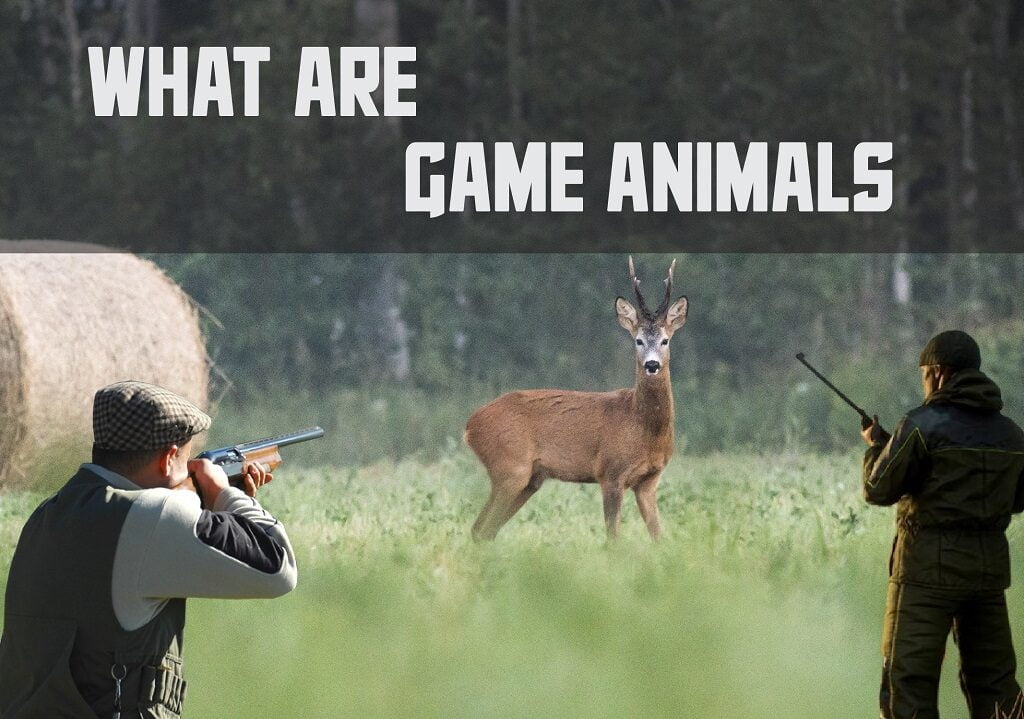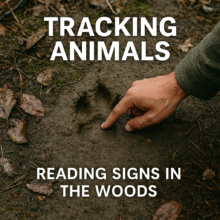What Are Game Animals: A Comprehensive Guide to Understanding Game Species

Table of Contents
Table of Contents
1. Introduction: Exploring the World of Game Animals
Game animals have long captivated the hearts of hunters and nature enthusiasts alike. In this comprehensive guide, we will delve into the definition of game animals, explore their significance in wildlife management, and discuss the ethical considerations surrounding hunting. From understanding their habitats to analyzing population dynamics, we will examine various aspects of game animals. Additionally, we will explore how hunting has been intertwined with human history and conservation efforts. Moreover, we will highlight the role of hunting in maintaining ecological balance and preserving biodiversity. As we navigate through this guide, we will encounter different perspectives and opinions, which will shed light on the complex relationship between humans and game animals. By the end, we hope to foster a deeper appreciation for these majestic creatures while acknowledging the roles and responsibilities that come with being stewards of the natural world.
2. Definition of Game Animals
Legal and Recreational Hunting
Game animals are species that are legally hunted for recreational purposes. Hunting regulations and licensing ensure that hunting practices are managed and sustainable.
Managed Populations and Harvesting
Wildlife management agencies carefully regulate the population of game animals to maintain healthy ecosystems and prevent overexploitation.
3. Examples of Game Animals
White-Tailed Deer
The iconic white-tailed deer is one of the most sought-after game animals, with hunters pursuing them in various habitats across the country.
Wild Turkey
Wild turkeys present challenging hunting opportunities, with hunters relying on skill and camouflage to outsmart these elusive birds.
Elk
The majestic elk draws hunters to their habitats, offering thrilling hunting experiences and contributing to conservation efforts.
Pheasant
Pheasants are popular game birds, with hunters enjoying the excitement of flushing these colorful birds from cover.
Black Bear
Black bears are prized game animals, providing unique hunting experiences and essential management benefits.
4. Hunting and Conservation
Role of Hunting in Wildlife Management
Hunting plays a critical role in managing animal populations, controlling their numbers, and ensuring the balance of natural ecosystems.
Conservation Efforts and Sustainability
Hunters contribute to wildlife conservation through funding and support for habitat preservation, research, and population management.
Economic and Environmental Impact
Hunting generates revenue for wildlife agencies and local communities, contributing to the protection and enhancement of natural habitats.
5. Ethical Considerations in Game Hunting
Fair Chase Principles
Ethical hunters, in accordance with fair chase principles, ensure that hunting is conducted with utmost respect for the animals and their natural behavior. By upholding these principles, ethical hunters demonstrate their commitment to responsible hunting practices. Furthermore, fair chase principles promote a deep appreciation for wildlife and the environment, fostering a harmonious relationship between hunters and the natural world. As a result, ethical hunters exhibit a sense of stewardship and conservation, contributing to the preservation of wildlife populations for future generations. Ultimately, adhering to fair chase principles enhances the hunting experience, emphasizing the ethical, moral, and sustainable aspects of this time-honored tradition.
Responsible Harvesting Practices
Hunters, first and foremost, prioritize responsible harvesting practices, focusing on achieving clean and humane kills to minimize suffering. By adhering to ethical principles, they ensure that their actions align with sustainable hunting practices and wildlife conservation efforts. Additionally, hunters take into account the well-being of the ecosystem and the preservation of the natural balance. Furthermore, they stay informed about hunting regulations and guidelines, seeking to improve their skills and knowledge to enhance the efficiency and effectiveness of their hunts. In essence, responsible harvesting is at the core of their hunting ethos, exemplifying their commitment to the environment, wildlife, and the principles of fair chase.
Wildlife Management for Future Generations
conservation-minded hunters diligently work to sustain and protect healthy animal populations, thereby safeguarding hunting opportunities for the prosperity of future generations. Through responsible practices, such as habitat restoration and sustainable harvest management, they endeavor to ensure the long-term coexistence of wildlife and hunting traditions. In this way, hunting remains an enduring legacy, perpetuating both the love for nature and the ethical pursuit of wildlife for generations to come.
6. Popular Hunting Techniques
Rifle Hunting
Rifle hunting, as a widely practiced method, offers hunters exceptional precision and extended range, thereby enabling them to effectively harvest animals. Moreover, the use of rifles in hunting allows hunters to take accurate shots from a distance, enhancing their chances of success. Additionally, rifles are equipped with various sighting systems, such as scopes and red dot sights, which further improve accuracy and target acquisition. Furthermore, the availability of different calibers and ammunition types caters to the specific needs of hunters pursuing various game species. Consequently, rifle hunting remains a popular and preferred choice for many hunters seeking effective and efficient harvesting techniques.
Bowhunting
Bowhunting requires skill and stealth, providing a challenging and rewarding hunting experience.
Shotgun Hunting
Shotguns are popular for hunting birds and small game, offering hunters versatility and effectiveness in different hunting scenarios.
7. Conclusion: Valuing and Preserving Game Animals for Future Generations
Game animals occupy a unique position in our culture, history, and the natural world. Consequently, by cherishing and safeguarding these species, through responsible hunting and conservation efforts, we secure the opportunity for future generations to relish the exhilaration, foster a profound connection with nature, and foster genuine appreciation for the wonders of the great outdoors that hunting embodies.







